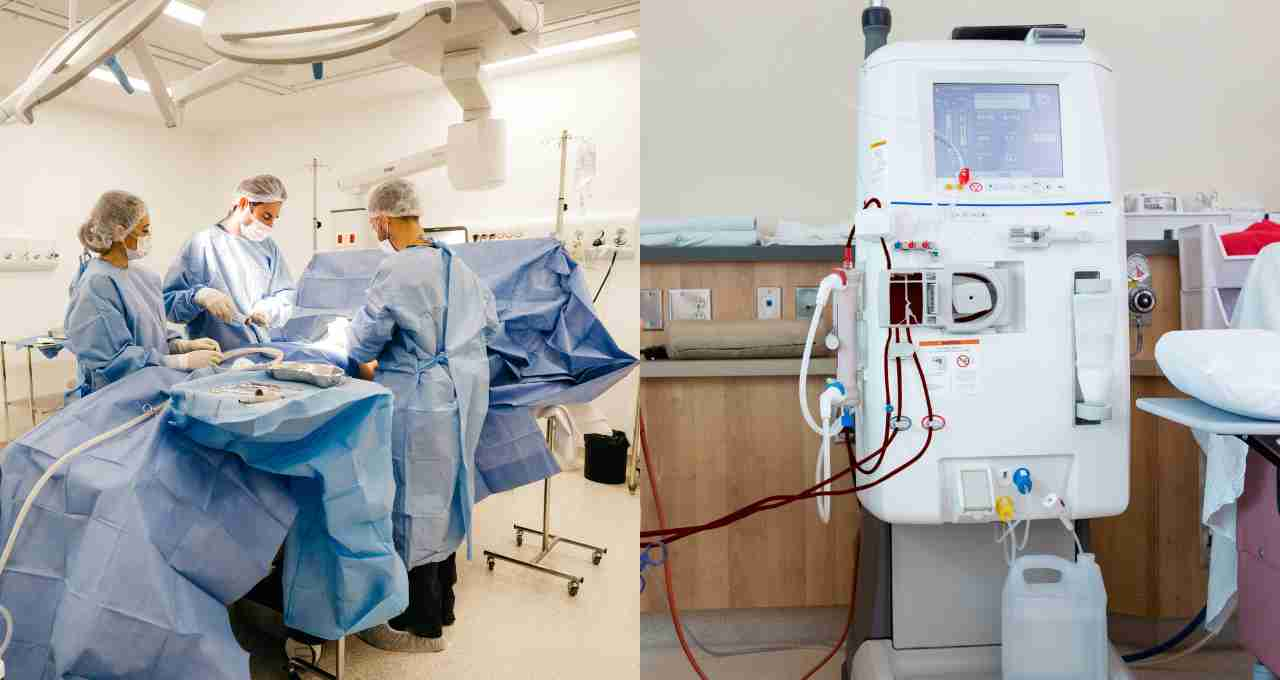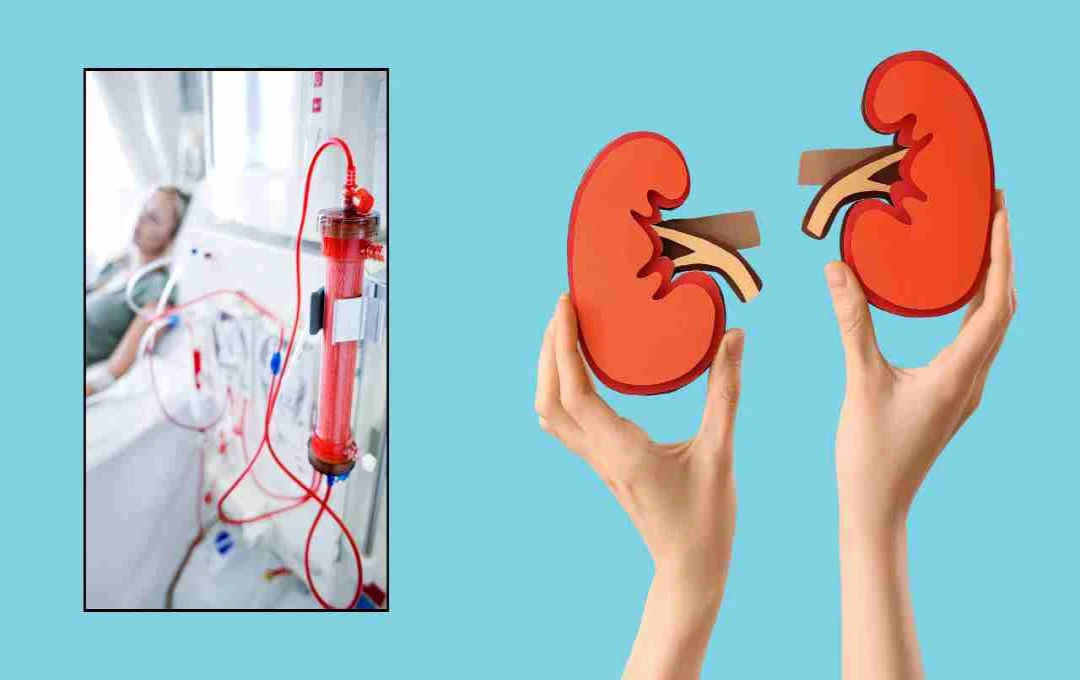For patients undergoing kidney dialysis, maintaining a balance of proper diet and fluids is crucial. Controlled intake of protein, sodium, potassium, and phosphorus helps maintain health. Adopting a personalized diet plan during dialysis, as advised by a doctor and renal dietitian, is beneficial.
Kidney Dialysis Diet Tips: If you or a family member has kidney problems and is undergoing hemodialysis, it is essential to pay special attention to diet and fluids. Dialysis removes toxins and excess water from the body, but a balanced intake of protein, sodium, potassium, and phosphorus prevents fatigue, swelling, and weakness. Experts advise that a personalized diet plan should be created for each patient with the help of a doctor and a renal dietitian. Along with proper nutrition and lifestyle, dialysis is an important way to maintain health.
Importance of Diet in Dialysis

During dialysis, toxins and excess water are removed from the body. However, daily diet also directly impacts the patient's health. Incorrect dietary choices can exacerbate problems like fatigue, swelling, and weakness. Therefore, kidney patients must pay special attention to their diet.
According to Dr. Himanshu Verma of the Nephrology Department at Safdarjung Hospital, protein can also be lost from the body during dialysis. Therefore, consuming protein-rich foods such as meat, eggs, lentils, and milk is very important.
Sodium Control
Sodium, or salt, should be consumed in limited quantities. Excessive sodium intake can lead to water retention in the body, increasing blood pressure and causing swelling. Packaged, fried, and processed foods should be avoided. Doctors often suggest consuming less than 2,000 milligrams of sodium daily.
Potassium Intake
Potassium is essential for the heart and muscles. However, excessive potassium intake can affect heart rhythm. Fruits and vegetables contain potassium, so they should be consumed only as advised by your doctor.
Phosphorus Balance
Phosphorus is important for bones and the heart. However, kidneys cannot easily excrete it. Therefore, it is important to monitor the phosphorus content in foods like milk, cheese, and processed foods. Doctors typically advise against consuming more than 800 to 1,000 milligrams of phosphorus.
Fluid Monitoring

It is also important to control the quantity of fluids such as water, juice, tea, and soup. Excessive fluid intake can lead to swelling and increased blood pressure in the body. This is crucial for maintaining the balance of accumulated water and waste products between dialysis sessions.
Personalized Diet Plan
Each patient's physical condition and type of dialysis vary. Therefore, creating a personalized diet plan is the most appropriate approach. Following a diet under the guidance of a doctor and dietitian improves the effectiveness of dialysis and reduces problems like fatigue and weakness.
Lifestyle and Small Changes
Dialysis is not just a treatment; proper diet and lifestyle make it effective. Small changes, such as drinking the right amount of water, reducing sodium, and consuming protein-rich and nutritious food, help keep the body b. These habits improve the patient's health and enhance their quality of life.
For patients undergoing kidney dialysis, strict control of diet and fluids is essential. A balanced intake of protein, sodium, potassium, and phosphorus reduces patient fatigue and weakness. Additionally, it contributes to the success of dialysis and improves quality of life. Adhering to a personalized diet plan and expert advice is the safest and most effective approach for the patient's health.















